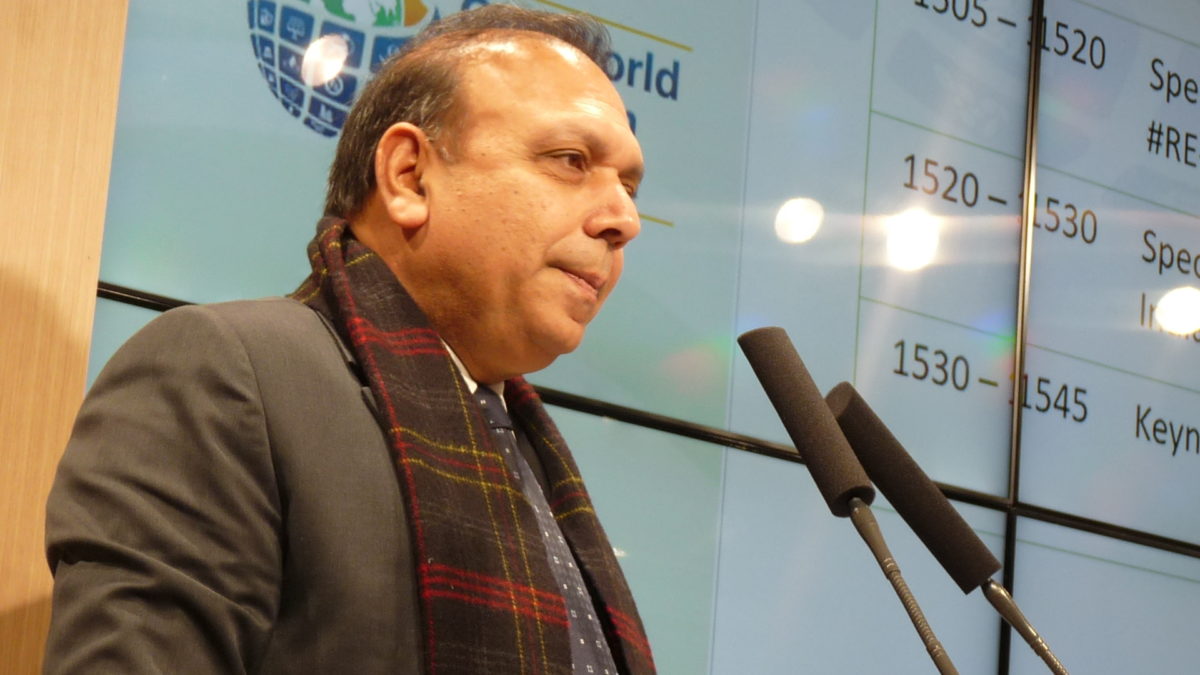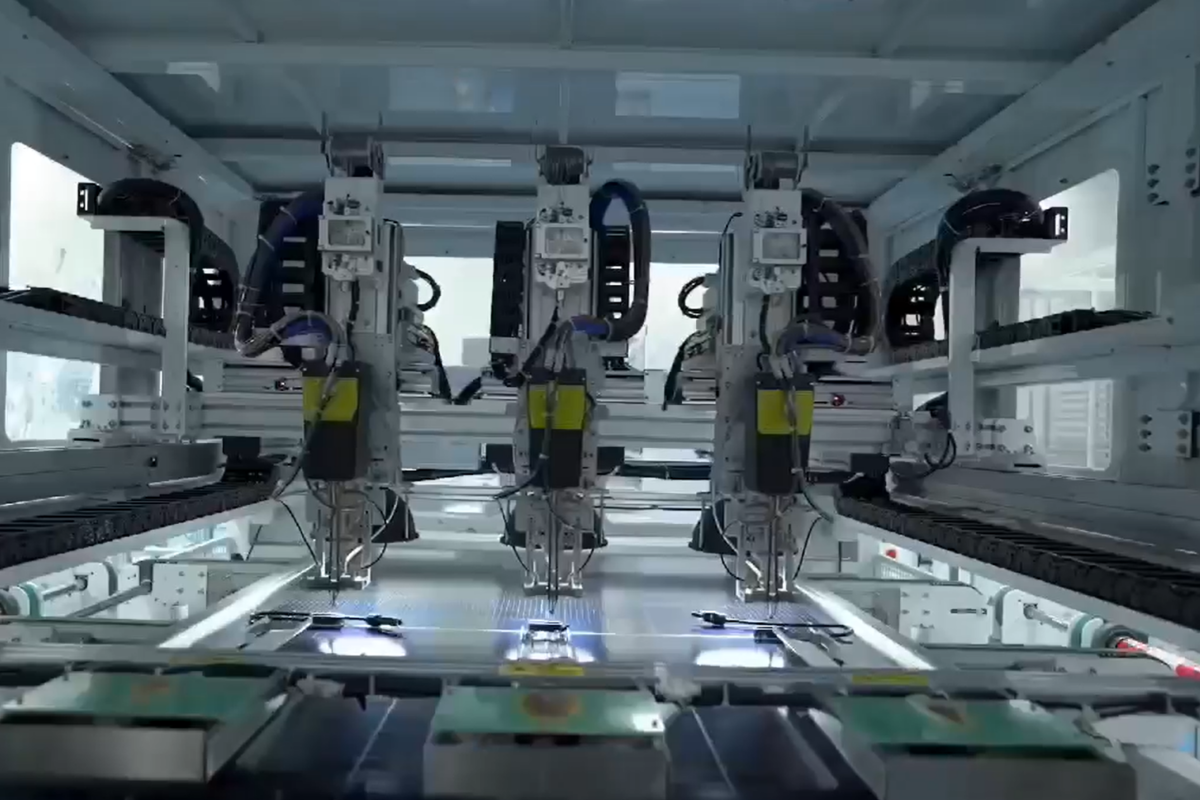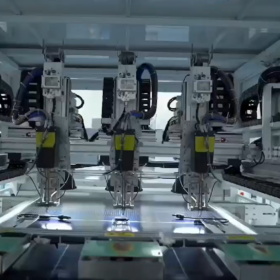A draft version of India’s National Energy Storage Mission (NESM) is awaiting final approval and expected to be announced this month.
With its launch, the nation’s energy storage sector will see increased activity in terms of manufacturing, assembly, project development, equipment supply and R&D, according to Rahul Walawalkar, Executive Director of the India Energy Storage Alliance (IESA), who was speaking to pv magazine ahead of the Energy Storage India 2019 event to be held on Thursday and Friday in New Delhi.
IESA estimates the Indian market for storage will grow to more than 300 GWh over the next seven years. India is expected to attract investment for as many as four giga factories to manufacture advanced li-ion batteries, amounting to backing of more than $3 billion in the next three years.
With the government moving into top gear as it attempts to hit its 2022 renewable capacity goals, grid instability is expected to become a real issue. Energy storage can play an important role in ambitious renewable integration plans, energy access, electric mobility and smart city initiatives driven by the government.
The Ministry of New and Renewable Energy (MNRE) constituted an expert committee in February 2018 to draft the NESM to provide the policy framework necessary for the industry.
Barriers to battery adoption must be removed
“If we really want to tap into the country’s estimated 300 GWh of storage opportunity in the next four years for domestic manufacturing, this is high time for policymakers to take decisive action,” said Dr Walawalkar. “Electric vehicles, behind-the-meter and grid-scale energy storage are key applications to help the Indian government meet wind and solar targets as well as meeting the energy access goals.
“Cost is one factor derailing rapid adoption of storage in the country. We also need the removal of barriers such as higher GST – [which is currently] 18% for batteries versus 5% for solar – and import duties, to kick-start the market for advanced energy storage in India.”
It will be interesting to note whether the launch of the storage mission will include the introduction of customs duties on battery cells, a policy trailed by MNRE Secretary Anand Kumar at the COP24 climate change meeting in Katowice last month.
“Storage is going to play a critical role,” Mr Kumar told attendees, “As the price of batteries comes down, there’s going to be huge disruption. At the moment storage becomes affordable, we may move towards a grid-free world.
“We’re going to bring a focus on manufacturing nationally. We have no customs duty on battery cells, we’re going to increase the custom duty gradually, so that both battery packs and battery cells are made in India.
“We will offer concessional finance to investors that plan to commit to making battery cells and battery packs in India.”
This content is protected by copyright and may not be reused. If you want to cooperate with us and would like to reuse some of our content, please contact: editors@pv-magazine.com.









Make In India will be greater initiative, The battery packs & Solar panels will be manufactured locally which promotes local production and job creation across India.